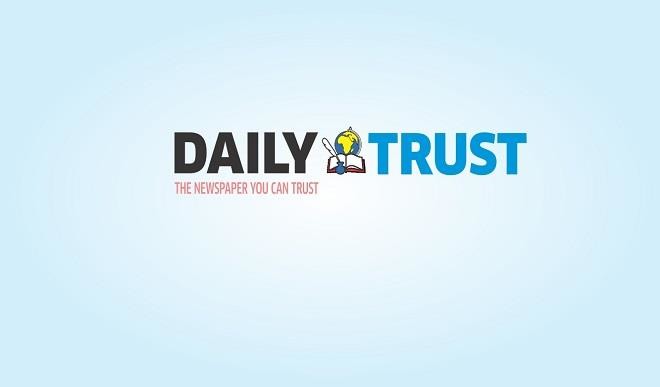Nigeria: We are our own enemy
Nigeria, your country, my country, will never see any meaningful advancement, unless you and I learn how to be accountable, and more importantly, take our public officials to account at all times. Of course, accountability is a complex and multifaceted concept. It is one of the hallmarks of democracy. But despite its importance, we, (Nigerians) […]


Nigeria, your country, my country, will never see any meaningful advancement, unless you and I learn how to be accountable, and more importantly, take our public officials to account at all times.
Of course, accountability is a complex and multifaceted concept. It is one of the hallmarks of democracy. But despite its importance, we, (Nigerians) have fail to make good use of such a powerful tool. Ironically, in the case of democratic Nigeria, there is no such thing called accountability.
Indeed, accountability has been wiped out of our lexicon or mental sheets. Consequently, we routinely decline to hold public officials accountable, in spite of their persistent dereliction of duty. And more so due to unbridled devoted attachment, the obdurate party loyalists are ever so ready to pounce on whoever takes it upon his/herself to criticise their irresponsible officials.
Strangely, the unsuspecting party followers have been indoctrinated to reject the truth by hook or by crook. Take, for instance, the party apologists have been proselytised and brain washed to pronounce ‘a cow as a sheep’ and ‘a white sheep as a black cow’. That is not clever. Is it? Do you blame these brass bound followers? I don’t blame them, because even Schizophrenics like Adolf Hitler, Saddam Hussein, Osama Bin Ladin and Abubakar Shekau had followers who strenuously propagated their masters’ evil agenda.
Let us admit, though, our manipulating politicians have been needlessly holding back our advancement with their voracious actions and inactions. To be quite honest, my heart bleeds anytime I ruminate over the first black president in the sub Saharan West Africa Dr Kwame Nkrumah of Ghana’s patriotic and enlivening messages. Dr Nkrumah positively asserted back then, that Blackman was more than ready and capable of ruling himself. But was he right back then? I will venture to suggest that one cannot be faulted for harbouring marked disposition for or against Dr Nkrumah’s statement. He sounded like a manful optimist, as a matter of fact. Yes, I would like to concur, a Blackman has the requisite knowledge and intelligence to be able to manage his own affairs, but has the intelligent and knowledgeable Blackman been able, and more importantly willing to do so?
Here in Nigeria in particular and Africa at large we have heard of public office holders who loot public funds only for their own selfish interests and when they are interrogated they complain they are been humiliated. What annoys me much is when our own judicial system is used to set this looters free without nothing been done about it.
Am not surprised anyway because we have had in this same Nigeria where judges were interrogated for financial crime. Hmmmm!! When will Nigeria my country, your country, our country be free from corruption and pave way for accountability?
Take, for instance, why must a public servant hold on to his/her position despite an admissible evidence of dereliction of duty? Is it because we are afraid of being held accountable? If that is the reason why then should we as Nigerians behave the way we behave?
Let’s have it at the back of our minds that we are not doing this country any good but harm. We will definitely live this same Nigeria for our children and their children and as such we should make Nigeria a better place for our children and their children. It is about time we all embrace the whistle blowing policy to pave way for accountability in Nigeria
In sum, henceforth, we must cease our servile compliance and learn to hold our irresponsible officials to account at all times. Celebrating, hiding and praising corrupt officials will only worsen our situation as Nigerians in particular and Africa at large.
Ahmed Rufai Dauda, Department of Mass Communication, Bayero University, Kano.
